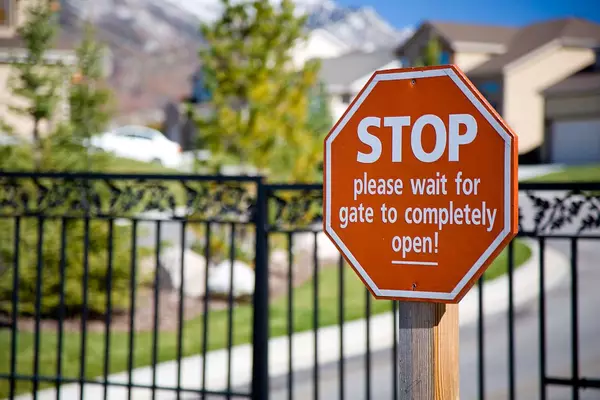
Frisco to Dallas: Luxe Design Trends to Watch
The luxury real estate market in North Texas is undergoing a striking evolution. In Dallas and Frisco, where high-end buyers demand more than just square footage, design trends are leaning toward wellness, smart functionality, and elegant minimalism. Whether you're planning a custom build, preparin

Backyard Bliss: Creating a Resort-Style Escape at Home
Luxury Outdoor Living Spaces: How to Create Resort Vibes at Home in Dallas When you think of luxury living in Dallas, you might picture grand foyers, chef’s kitchens, or spa-style bathrooms—but the modern high-end lifestyle doesn’t stop at the back door. In North Texas, where the climate allows for

Researching Neighborhoods Before Buying
When buying a home, it’s not just about finding the perfect house—you also need to ensure the neighborhood fits your lifestyle, needs, and future plans. A home is a long-term investment, and the community around it can significantly impact your quality of life. Here’s how to thoroughly research a ne
Categories
- All Blogs (88)
- Credit & Mortgage Prep (6)
- First Time Home Buyer (14)
- Home Appraisal & Valuation (26)
- Home Buying (57)
- Home Selling (42)
- Luxury Homes (58)
- Market & Design Trends (3)
- Mortgage & Financing (4)
- Mortgage Rates & Trends (6)
- Moving & Relocation (1)
- Renting & Leasing (3)
- Special Property Types (3)
- Staging & Home Prep (7)
Recent Posts










